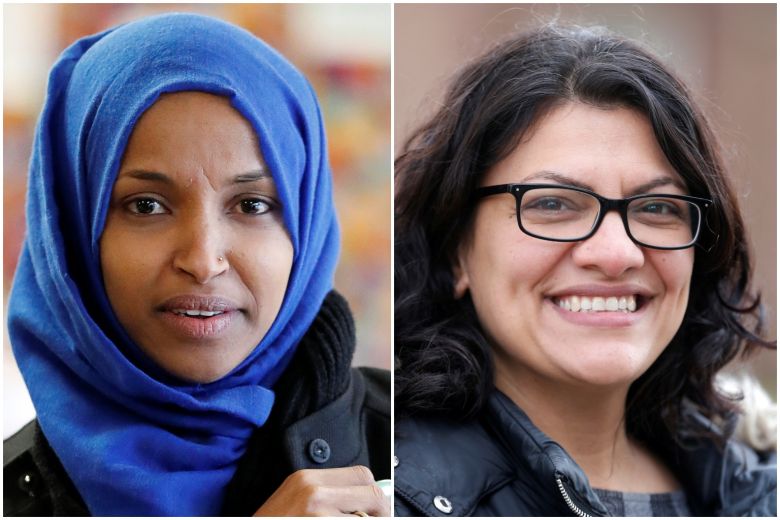×
The Standard e-Paper
Home To Bold Columnists

Minnesota, Michigan send first Muslim women to US Congress [Courtesy]
Women have never held more than 84 of the 435 seats in the House. By 1:30 a.m. Wednesday as the votes were still being counted, 92 had already been declared winners.